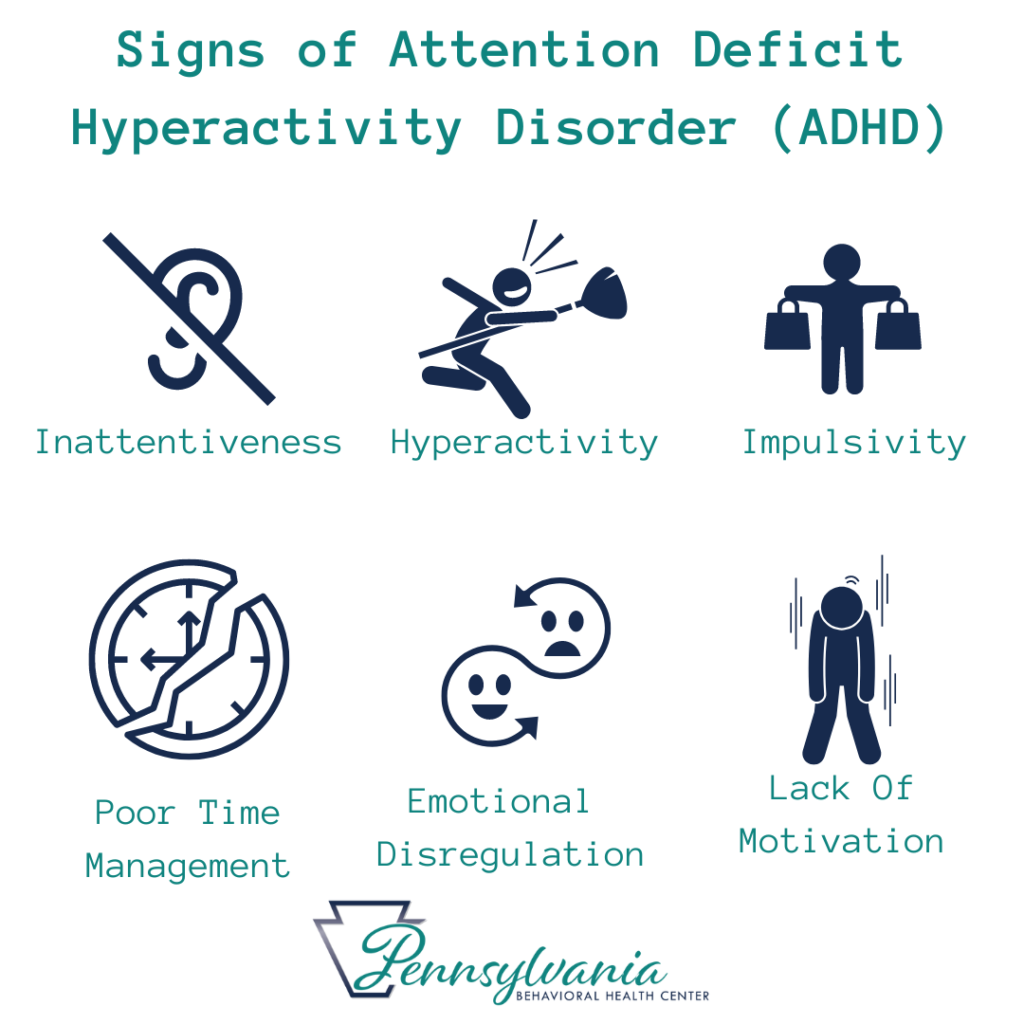Your Overview to Finding the Right ADHD Therapy for Long-term Outcomes
Navigating the intricacies of ADHD therapy requires a nuanced understanding of both the condition and the myriad alternatives offered for efficient management. It is essential to identify that what works for one individual may not necessarily generate the same results for another.
Recognizing ADHD and Its Effect

In adults, ADHD can bring about difficulties in work environment settings, affecting efficiency, time monitoring, and social relationships. Frequently, undiagnosed or improperly handled ADHD can add to co-occurring psychological health and wellness problems, such as anxiousness and clinical depression, more making complex an individual's overall health.
The social assumption of ADHD can vary, causing preconception and misconception, which might impede people from looking for assistance. As recognition expands, it is important to foster an environment that promotes understanding and assistance for those influenced by ADHD, emphasizing the demand for precise diagnosis and customized approaches to mitigate its influence on everyday life.
Overview of Treatment Options
A comprehensive approach to dealing with ADHD incorporates a range of alternatives tailored to the individual's special needs. These options can broadly be categorized into behavioral interventions, psychoeducation, and way of life adjustments, together with medicinal treatments that may be discovered later.
Behavioral interventions, such as cognitive-behavioral therapy (CBT), concentrate on changing particular behaviors and creating coping techniques to manage symptoms efficiently. Psychoeducation plays a crucial duty in encouraging both individuals and their families by supplying info concerning ADHD, its difficulties, and reliable methods for support.
Way of living modifications can considerably affect ADHD monitoring. Normal physical activity, a balanced diet regimen, and appropriate rest add to total wellness and sign control. Mindfulness methods and relaxation strategies can likewise improve focus and lower impulsivity.
Assistance teams and family members treatment can foster a feeling of area and understanding, assisting people really feel much less separated in their experiences. Each treatment choice ought to be thought about combined with the person's preferences and scenarios, making sure an alternative technique that advertises long-term success. Ultimately, the objective is to create a customized treatment strategy that attends to the certain challenges connected with ADHD while boosting general lifestyle.
Drug: Pros and Disadvantages
Medicine plays a critical role in the therapy of ADHD, with many alternatives offered that can substantially ease symptoms for several people. Stimulants, such as methylphenidate and amphetamines, are commonly suggested and have shown effectiveness in boosting focus, lowering impulsivity, and enhancing general behavior. These medicines work by raising dopamine and norepinephrine levels in the mind, which are commonly dysregulated in those with ADHD.
However, making use of medication is not without its obstacles. Some people may experience side results, including sleep problems, reduced appetite, or boosted anxiety. Additionally, finding the best dose can be a trial-and-error procedure, requiring close tracking by health care professionals. In addition, not all people react to energizer medications, leading some to explore non-stimulant options, which might have a delayed onset of activity or different side results.
It is essential for individuals and their families to evaluate these pros and cons meticulously. Stabilizing the advantages of signs and symptom management versus possible adverse effects is find a counsellor crucial for achieving optimal therapy end results. Cooperation with doctor can assist in informed decisions, making sure that medicine becomes part of an extensive ADHD management plan.
Behavioral Treatment Strategies

One generally used approach is Cognitive Behavior modification (CBT), which aids people recognize and transform negative idea patterns that add to ADHD-related obstacles. Therapist for ADHD. Via CBT, customers find out to set reasonable goals, manage time successfully, and establish business systems
An additional reliable technique is Parent Monitoring Training (PMT), which enlightens parents on exactly how to strengthen positive behaviors and minimize unfavorable ones through constant self-control and communication techniques. This method fosters a helpful home environment that encourages depression solution behavior enhancements.
Social skills training is also integral, aiding people with ADHD navigate social communications better. Role-playing and modeling proper habits can enhance social competence and decrease anxiousness in social scenarios.
Way Of Life Changes for Better Monitoring
Just how can way of life adjustments substantially enhance the monitoring of ADHD signs and symptoms? Executing critical lifestyle adjustments can bring about significant improvements in focus, company, and emotional guideline for people with ADHD.
First of all, developing an organized daily routine aids in creating predictability, which can ease sensations of overwhelm. Regular schedules for dishes, research, and rest can enhance day-to-day functioning.
Integrating normal exercise is also vital, as exercise has actually been revealed to enhance dopamine levels, improving focus and inspiration (Therapist for ADHD). Going for at the very least half an hour of modest workout most days can be valuable
Nutrition plays a crucial duty. A well balanced diet rich in omega-3 fatty acids, entire grains, and protein can support cognitive function. Limiting refined sugars and caffeine may minimize signs and symptoms, as these can bring about power crashes over at this website and impatience.
Verdict
In verdict, finding the ideal ADHD therapy requires a diverse method that thinks about private needs and preferences. Cooperation with health care experts and open communication with support networks are necessary parts in navigating the complexities of ADHD management, inevitably leading to long-term results and enhanced quality of life.